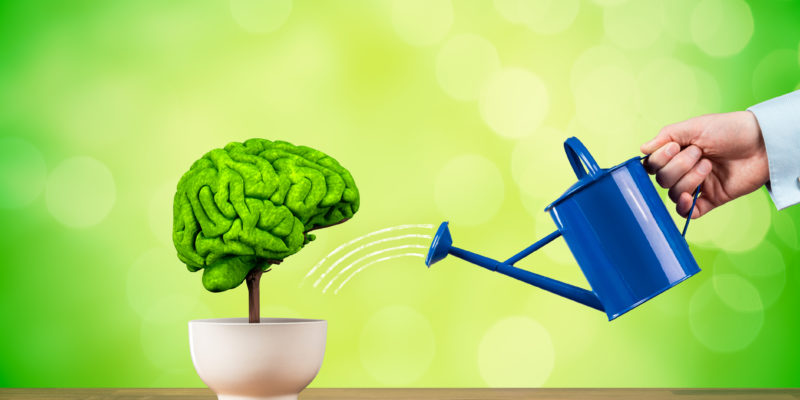Seizures can impact people of all ages, from children to adults, and they often require…

Improving Your Memory
Do you feel like you are forgetting more things, lately? Many people think that mild memory loss is a natural part of aging. While that is somewhat true, memory loss is not an inevitable part of aging. There are steps you can take to help preserve and for improving your memory. Of course, if memory loss is impacting your ability to complete your daily activities, it could be more than just aging. Schedule an appointment with your doctor to discuss memory loss to rule out any serious issues.
Perhaps the reason we associate memory loss with old age is that people tend to get less social as they age. Losing opportunities to hang out with family and friends increases depression and stress, which can impact your memory. This naturally occurs as people age and lose loved ones through death and have fewer social contacts after retirement. However, with the social isolation that resulted from the global pandemic, it really influenced a lot of people over the last few years. Getting together with friends and loved ones is important, even if you need to make those meeting virtual.
One of the most important things you can do to improve your memory is stay active. Physical activity improves blood flow to your brain and has been proven to help preserve memory. You should aim to get between 75 to 150 minutes of brisk to moderate aerobic activity. You do not have to be a gym rat to get this type of exercise- you can accomplish the same mental benefits by taking several brisk walks throughout the day.
Choose mentally stimulating activities. Crossword puzzles, logic puzzles, and challenging games like bridge and chess are supposed to help slow down memory loss. Also remember, it is never too late to learn. Pick up something you always wanted to learn, such as a foreign language or how to play an instrument. You do not have to master it to reap the benefits.
Get plenty of sleep. Doctors have been stressing the importance of sleep for years. Sleep can help prevent many illnesses but is especially important for memories. We think that sleep is when your body consolidates memories, so when your sleep is troubled, it can impact your memory.
Choose a healthy diet. Low fat protein sources and plenty of fruits, vegetables, and whole grain are not just great for your body, they are also great for your mind. You also want to limit your consumption of alcohol and recreational drugs, as they can impact your memory.
Focus on your health. Do you have any underlying health conditions? If so, talk to your doctor about treating them. Overall health effects other facets of memory. Also let your doctor know about any side effects of the medications you are taking. Some medications for chronic conditions can impact memory. Talk to your doctor about whether there are alternatives to your current prescriptions.



